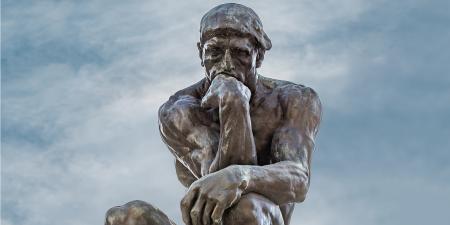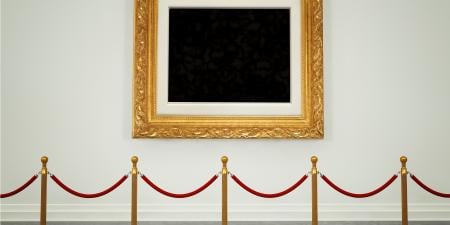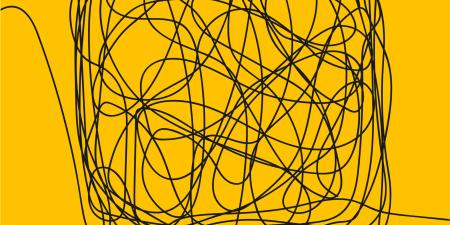The Humanities in Medical Education
Before 1911, physicians had as much (or as little) education in the humanities as anyone else. Then the famous Flexner Report called for a lab- and clinic-heavy curriculum for physician training. Sixty-plus years later, George Engel advocated a “biopsychosocial” model, recommending that the psychological and social contributors to illness be addressed in medical school. Soon, ethics and professionalism became part of the formal curriculum. Back to the future? Educators are now recommending that the humanities be part of every physician’s education. Contributors to the August issue explain what “medical humanities” comprises and argue that medical education is incomplete without it.














